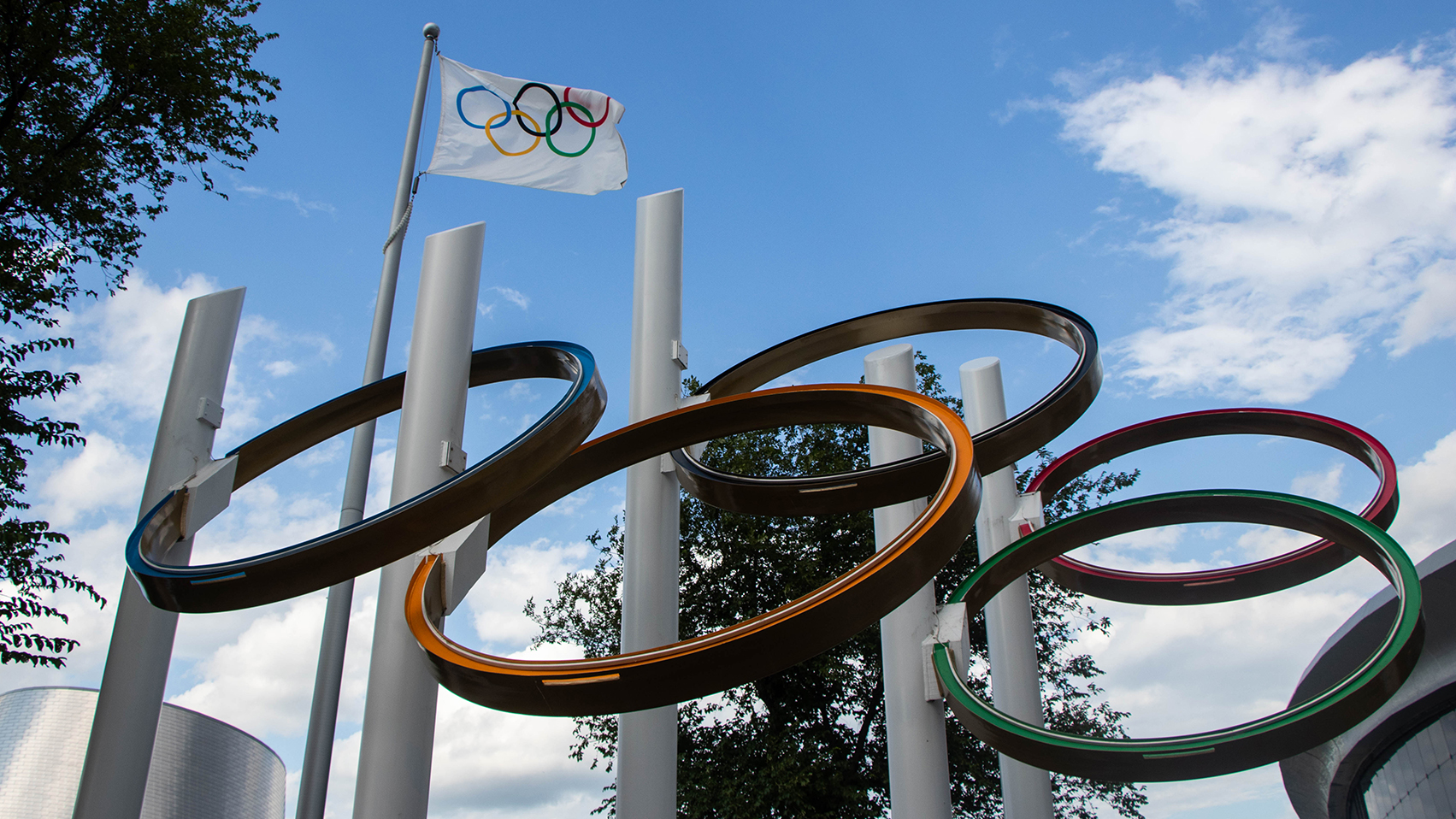Views expressed in opinion columns are the author’s own.
I know I speak for most people when I say we could benefit from lifted spirits after the past year and a half.
This line of thinking was a key selling point for postponing the Tokyo Olympics, which were originally slated to occur during the summer of 2020, as opposed to an outright cancellation. In addition to helping the world “heal from the pandemic,” the postponement ensured some sort of elite competition for athletes. It would have also allowed Japan to reap the economic benefits of spectators coming in from across the world.
Yet, just a few days before the Opening Ceremonies, the world, and particularly the host country, Japan, is still very much in the middle of a pandemic. Visitors from 152 countries cannot enter Japan and Olympic venues will be closed to all spectators. In light of the pandemic-inflicted wounds that the collective world has yet to heal from, the rescheduled Olympics should be canceled.
As high-density attractions become normal again, sporting events continue to be highly transmissible environments for COVID-19. After the UEFA European Championship final at Wembley Stadium in London last week, dozens of people reportedly tested positive for COVID-19, dubbed the “Wembley variant” across England. After attending training sessions and completing pre-Olympics matches and interviews, star American athletes such as Bradley Beal and Coco Gauff have been forced to pull out of the Games entirely after testing positive for the virus. In Tokyo, where athletes have begun to descend, positive tests continue to roll in.
On a basic health level, Japan should not be welcoming thousands of foreign athletes to Tokyo, as the city recently entered another state of emergency. In order to decrease their risk of infection, athletes will be expected to follow several rules to create a bio-secure “bubble.” But, with rules comes enforcement, which means several employees and resources could be diverted toward the international athletes and away from Japanese citizens. With resources spread too thin across the city, the risk of infection could increase.
Even when we put the pandemic aside, Japan is still spending an obscene amount of money to allow the Olympics to happen.
And when considering the extra costs stemming from the pandemic, as well as the cost-overruns that are commonplace with Olympic host cities, Tokyo could spend upwards of $35 billion to stage the contentious Games, according to some estimates — an enormous expense considering the Games’ initial $7.5 billion price tag. Host cities typically dish out this kind of money under the auspices that they will receive large increases in tourism and services revenue. But with the border closures and spectator bans, the flashy new arenas and chic hotel rooms will likely fail to generate any money for the city.
Essentially, Tokyo is being asked to bankroll the world’s largest athletic event to earn essentially nothing in return — all in the middle of a pandemic. This explains why polls have shown an overwhelming majority of Japanese citizens have consistently opposed allowing the Games to continue, with almost 80% opposed in a poll from last week.
The major obstacle standing between the Japanese public and their wishes to cancel the Games is the organization that originally promised them economic success — the International Olympic Committee. The 2020 Olympic contract, which was signed in 2013, when Tokyo was chosen as the host city, stipulates that only the IOC could cancel the Olympics and the host city would be responsible for funding any last-minute issues. Should Japan choose to break that contract, the IOC could sue Japan for massive damages, which would ultimately fall to its taxpayers.
It is clear there is no way to keep COVID-19 out of the Olympics or Japan, and without a cancellation from the IOC, the Japanese public will be at the virus’ mercy for the next month. Quite frankly, I cannot justify compromising Japanese public health so Olympic executives can get their paychecks and foreign athletes can earn a medal. The Tokyo Olympics must be canceled before disaster strikes.
When Rose Lavelle, Simone Biles and Caeleb Dressel come across television screens, vaccinated Americans from the Atlantic to Pacific will pack living rooms, bars and restaurants in red, white and blue, awaiting Olympic conquest. Olympic executives will watch their money come in and prepare to do it all again in 2022. And 2024. And 2026. But none of this will be possible without the extraordinary risks taken by the Japanese public — risks they shouldn’t have to take at all.
Anthony Liberatori is a rising junior environmental science and economics major. He can be reached at alib1204@umd.edu.



